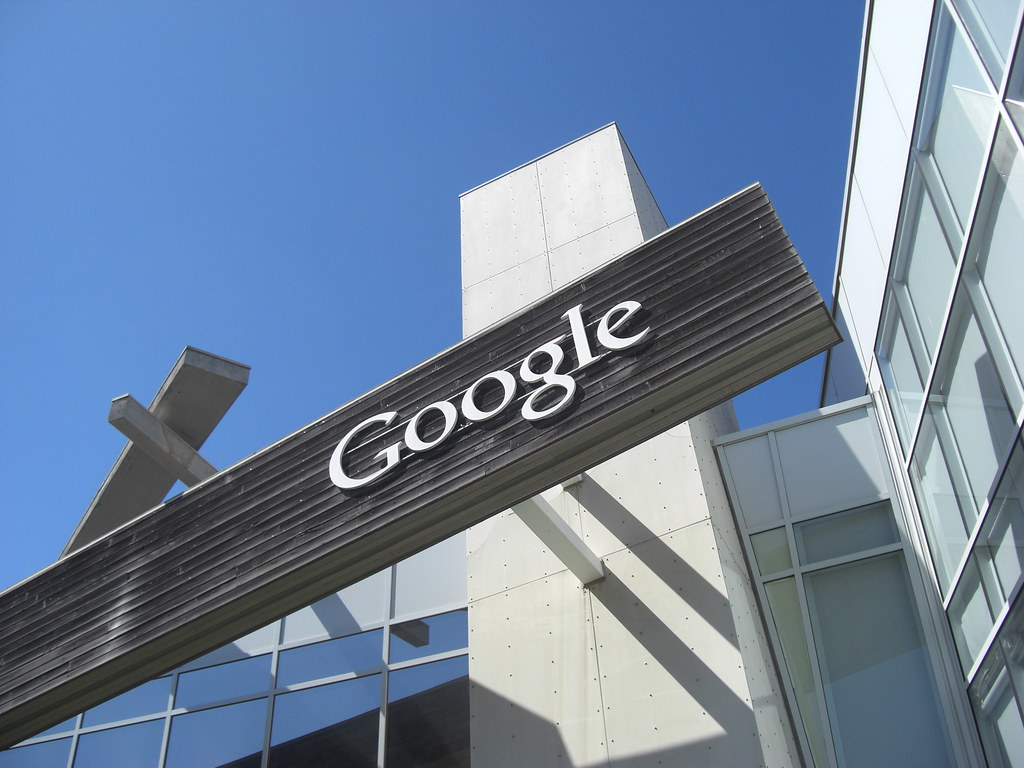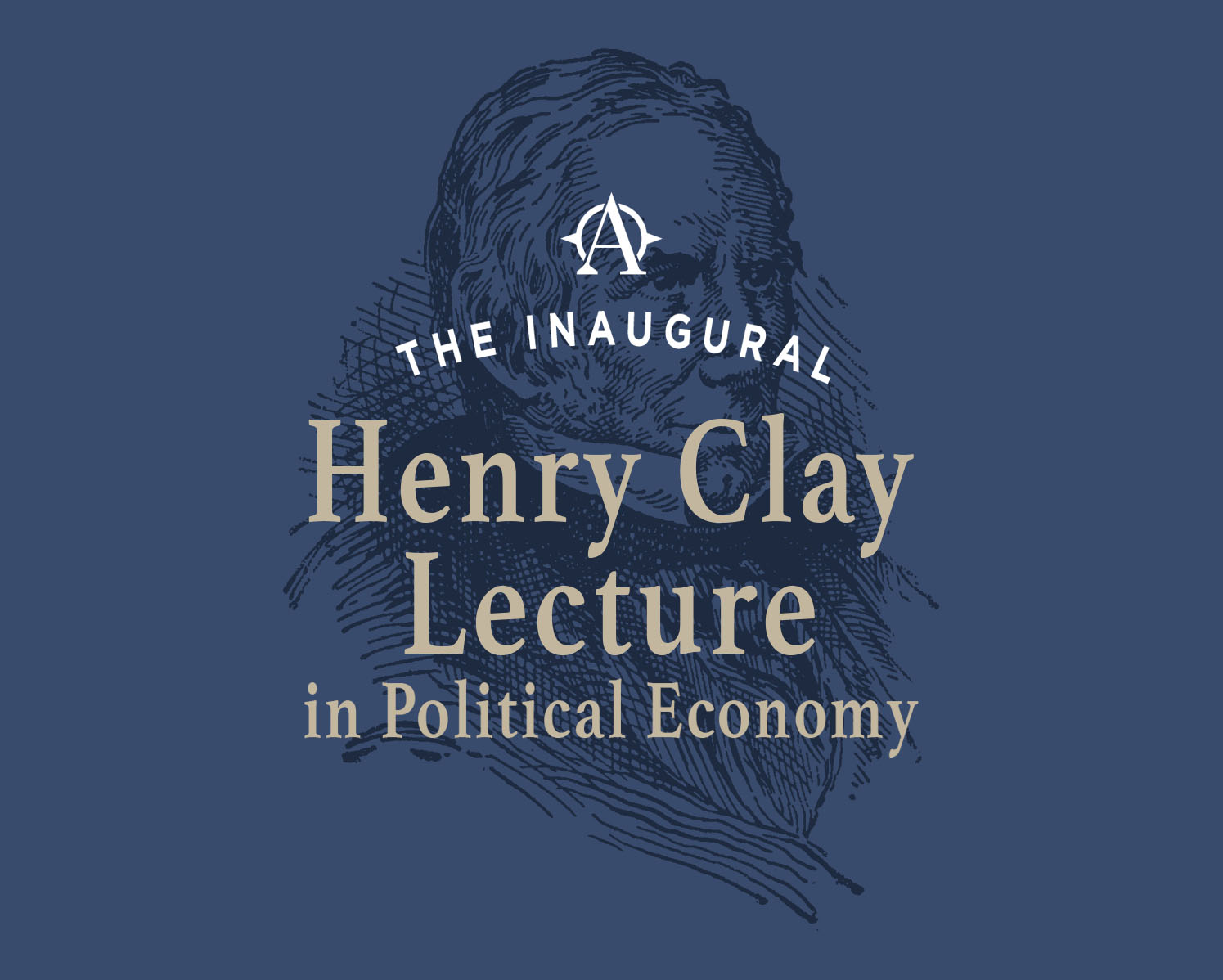

RECOMMENDED READING
Image: Shawn Collins – flicker.com
It has become bipartisan sport to attack “Big Tech”, but most of the ire is directed at “Big Internet”: consumer-facing Internet companies like Amazon, Google, Facebook, Twitter, and Uber.
While much of the so-called techlash is focused on the purported negative social impacts – abuse of data, platform bias, and other charges – underlying many of these attacks is a deeper critique: Big Internet provides little or no economic value. They are just glorified purveyors of cat videos and other tools that let people engage in mindless activities. Tech billionaire and Trump advisor Peter Theil reflected this view when he wrote, “we wanted flying cars and we got 140 characters,” implying that internet apps were, in the words of perennial tech critic Nick Carr, a waste of time.
In fact, Big Internet, like other advanced industries like Big Auto, Big Aerospace, and Big Pharma, plays a key role in driving U.S competitiveness, innovation, job creation, and economic growth. As such, policy makers should be careful to not cripple this engine of U.S. prosperity.
Internet companies drive U.S. competitiveness
Big Internet sells its services overseas, which is why many other governments are so desperate to tax them rather than let the U.S. government do so. Over half of Google and Facebook revenues come from overseas, for Amazon it’s about one-third. As such, Big Internet plays a key role in reducing America’s trade deficit.
Internet companies employ lots of people at good wages
In 2019 the Internet Publishing and Broadcasting and Web Search Portals industry (NAICS 51913) employed over 270,00 workers at an average wage four times the U.S. average.
Internet companies actually produce products
These companies don’t just write code, they develop or produce tangible products. Facebook invested in the virtual reality headset company Oculus and its Facebook Portal, a communications tablet. Google was instrumental in driving the autonomous vehicle revolution, developing drones, and spurring robotics innovation. Both Google and Facebook are innovators in using technology to bring broadband to remote, low-income areas. Uber is investing massive amounts to develop autonomous vehicles. Amazon is leading the development of warehouse automation.
Internet companies invest massive amounts in R&D
Alphabet (the parent company of Google) invests more in R&D than any other company in the world and it is estimated that Amazon is second. Facebook ranks 11th and Uber 112th. Together these four companies invest approximately $47 billion a year in R&D, more than 5 times the budget of the National Science Foundation. If they were a country, they would rank 9th in the world in R&D spending, ahead of the countries like Canada, Italy, Russia, Switzerland, and Taiwan. Adding in Microsoft and Apple, and the total is over $74 billion.
Internet companies make ad markets more efficient, helping millions of companies
For many companies, especially small ones, advertising is the lifeblood of their business. And yet ad dollars are scarce. By enabling more targeted ads, Internet platforms significantly increase the cost effectiveness of ads, enabling sellers to spend less and get more. In the first randomized controlled experiment on the subject, researchers found a median drop in revenue of 64 percent for sellers who did not use personalized ads.
Internet applications actually do make people more productive
Web bashers regularly argue that Big Internet largely enables time wasting. But leaving aside that “entertainment” (movies, music, television, amusement parks, golf courses, etc.) enables people to waste time – i.e., enjoy themselves – Internet applications actually provide consumers with significant economic value and boost economic output. One study found that on average U.S. Internet users in 2017 would pay over $17,000 a year for search engines, $8,400 for email, $3,600 for maps, and $322 for social media. Moreover, search engines make people and companies significant more productive, especially in doing research. But even social media boost productivity. One study found the employees who use social media are more motivated and come up with more innovative ideas. Companies are using data for social good applications, including responding to the COVID crisis. And of course, the widespread use of video communication platforms by companies like Google, Facebook and Microsoft has significantly improved productivity during the COVID-19 virus crisis.
Policymakers, tread carefully
If Big Internet is some kind of time-sucking, cat-video-watching, frivolous phenomena, then we shouldn’t really worry about detrimental public policies, like taxing data, GDPR-like privacy rules, eliminating Section 230 protections, or aggressive antitrust enforcement. What difference does it make if these policies hurt these companies and this industry? But if the internet industry is one of a few leading tech sectors where America still leads in global competition, including with China, then policy makers need to think much more carefully about policies that could lead to this industry following the sad path to demise of industries like telecom equipment, machine tools, and televisions.
Recommended Reading
The Ramifications of a Regime-Level Politics
The quite clearly collusive actions of the Big Tech giants, in recent days, accelerate even further the national reckoning that has been overdue at least since Big Tech’s coordinated “Pearl Harbor attack” against the nation’s fourth-largest newspaper on the precipice of the monumental recent presidential election.
Saving Kids from Big Tech with Chris Griswold
American Compass policy director Chris Griswold discusses the historical parallels between child labor in the 19th century and kids’ use of social media today, and suggests steps that policymakers can take to protect them from its harms.
Senator Marco Rubio Delivers the Inaugural Henry Clay Lecture in Political Economy
Sen. Rubio assesses how the flawed bipartisan economic consensus went so tragically wrong and offers a clear-eyed approach to economic policy that can serve the national interest and the common good.












